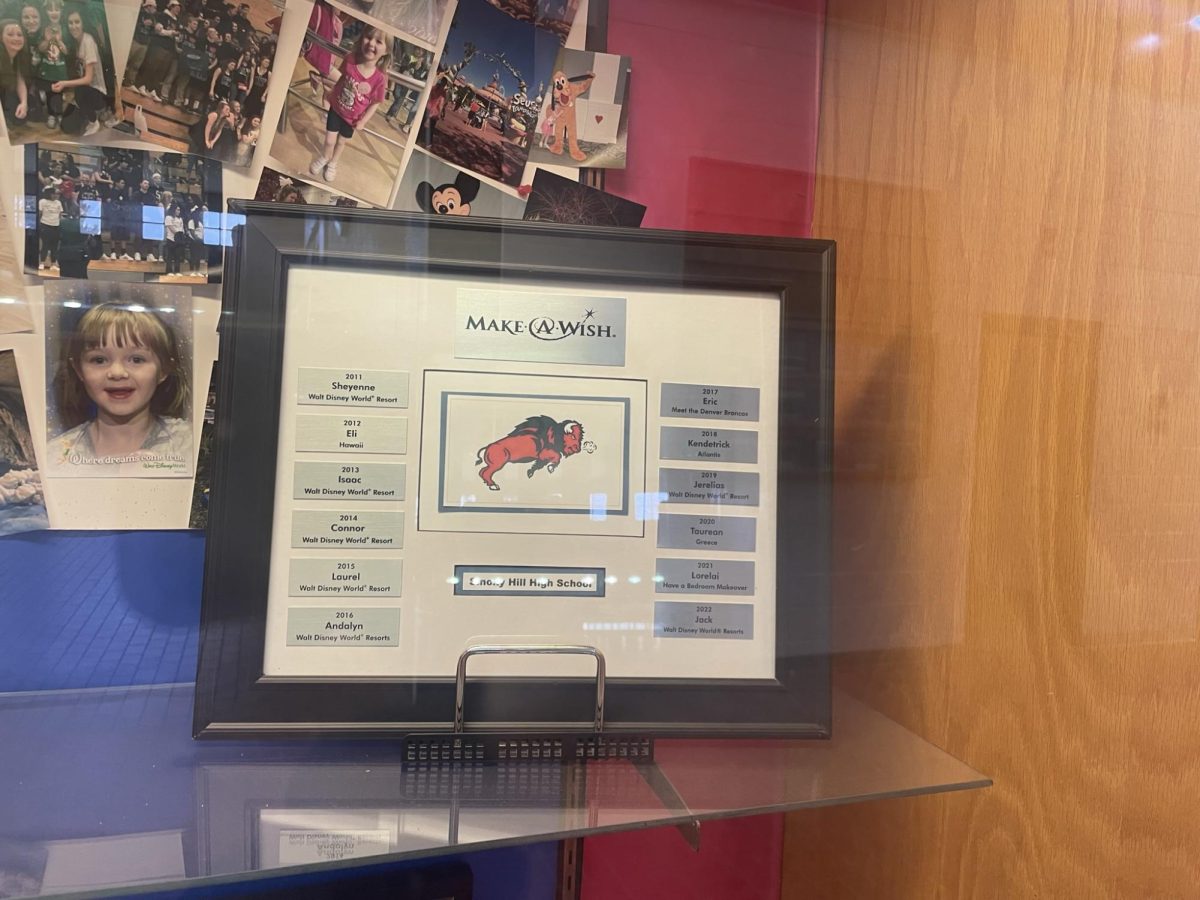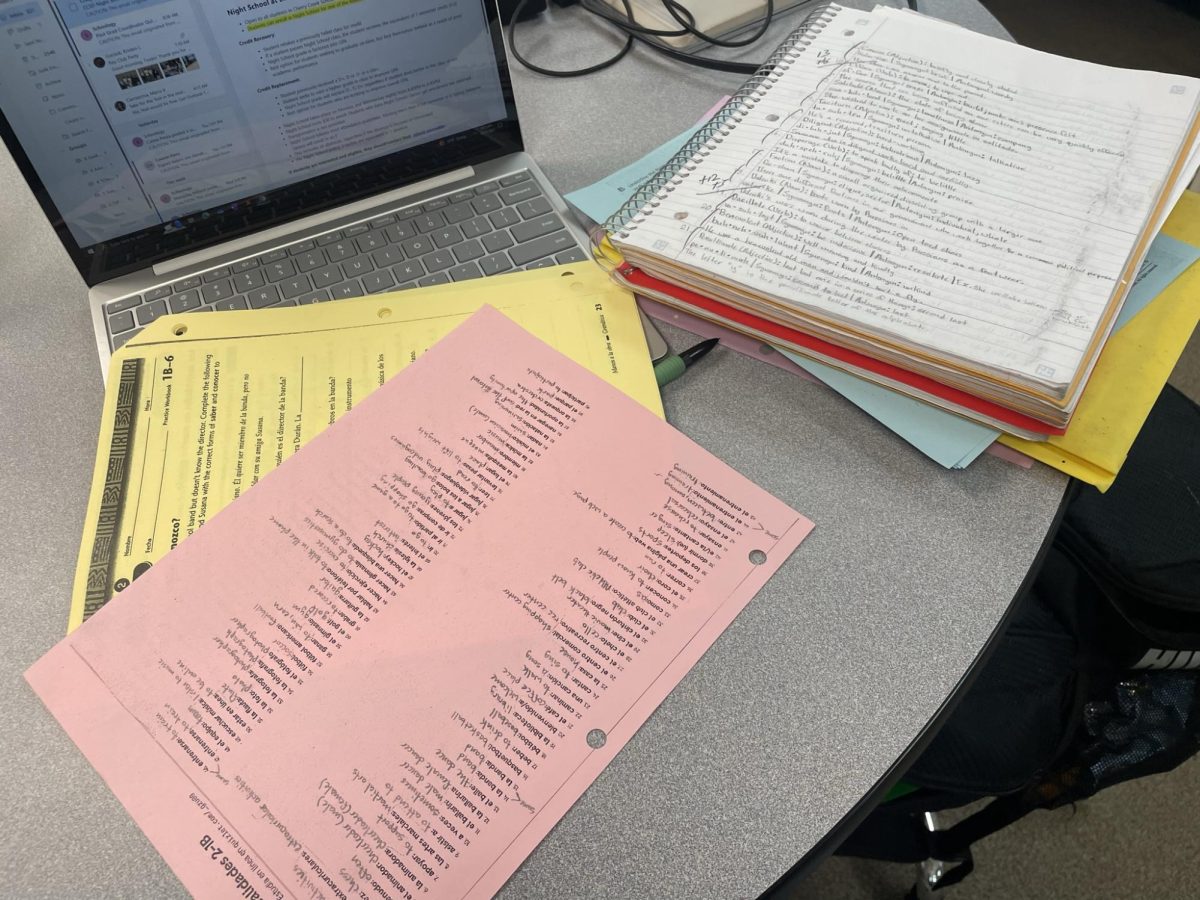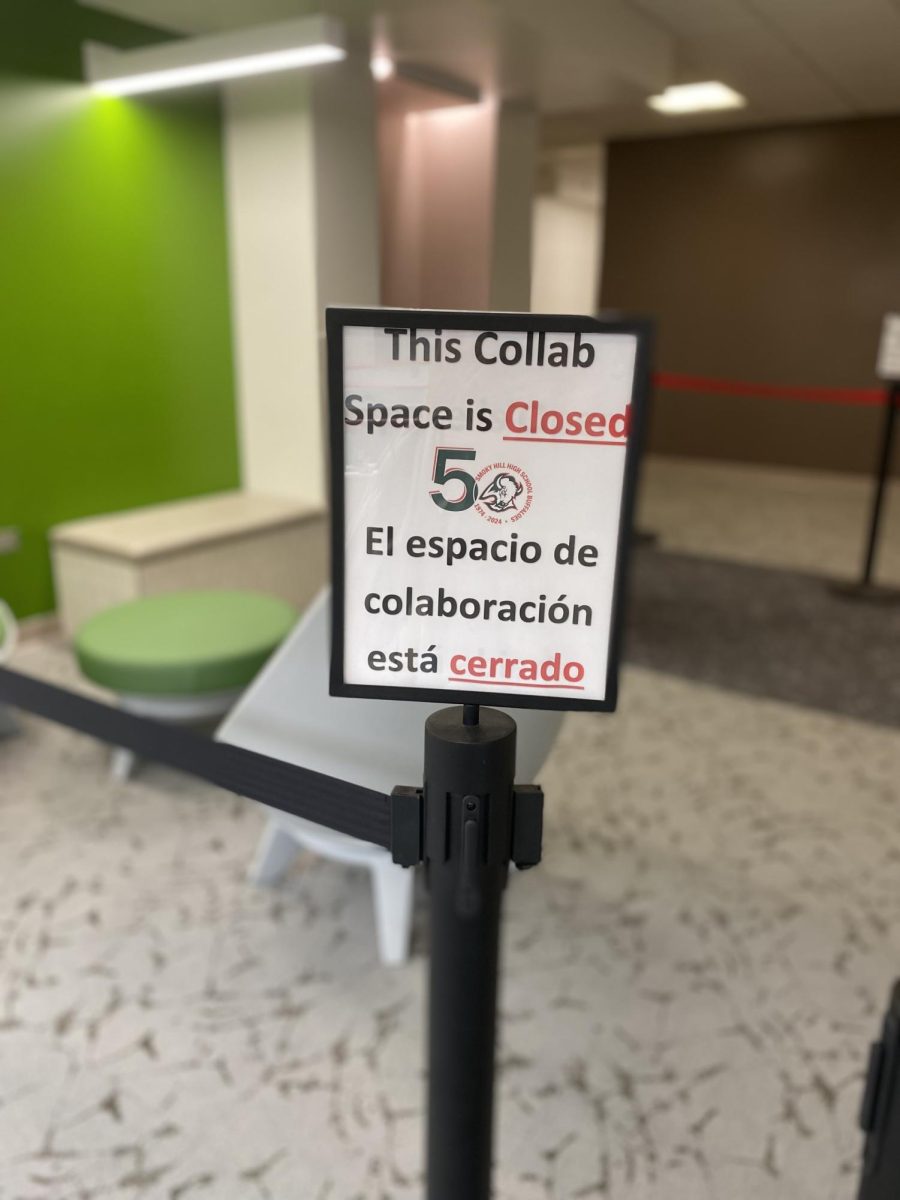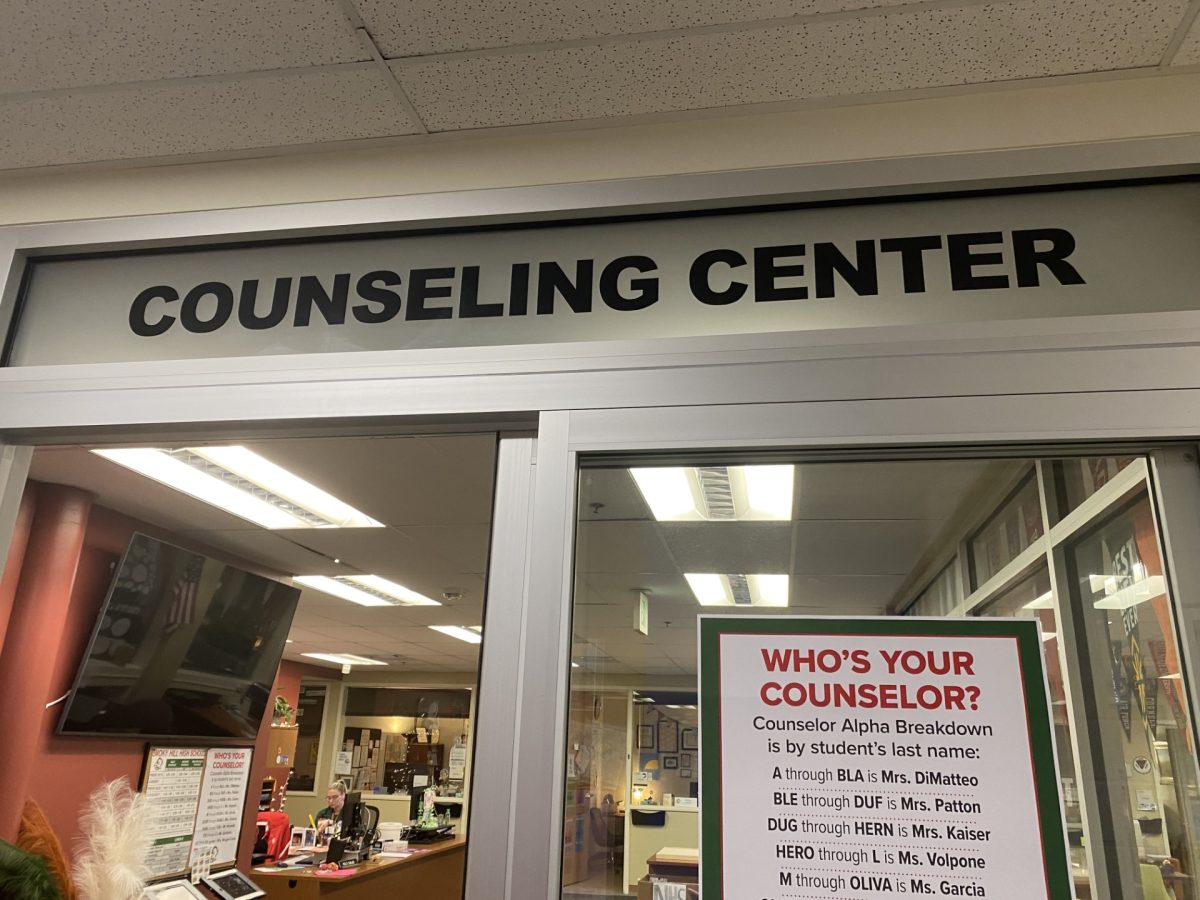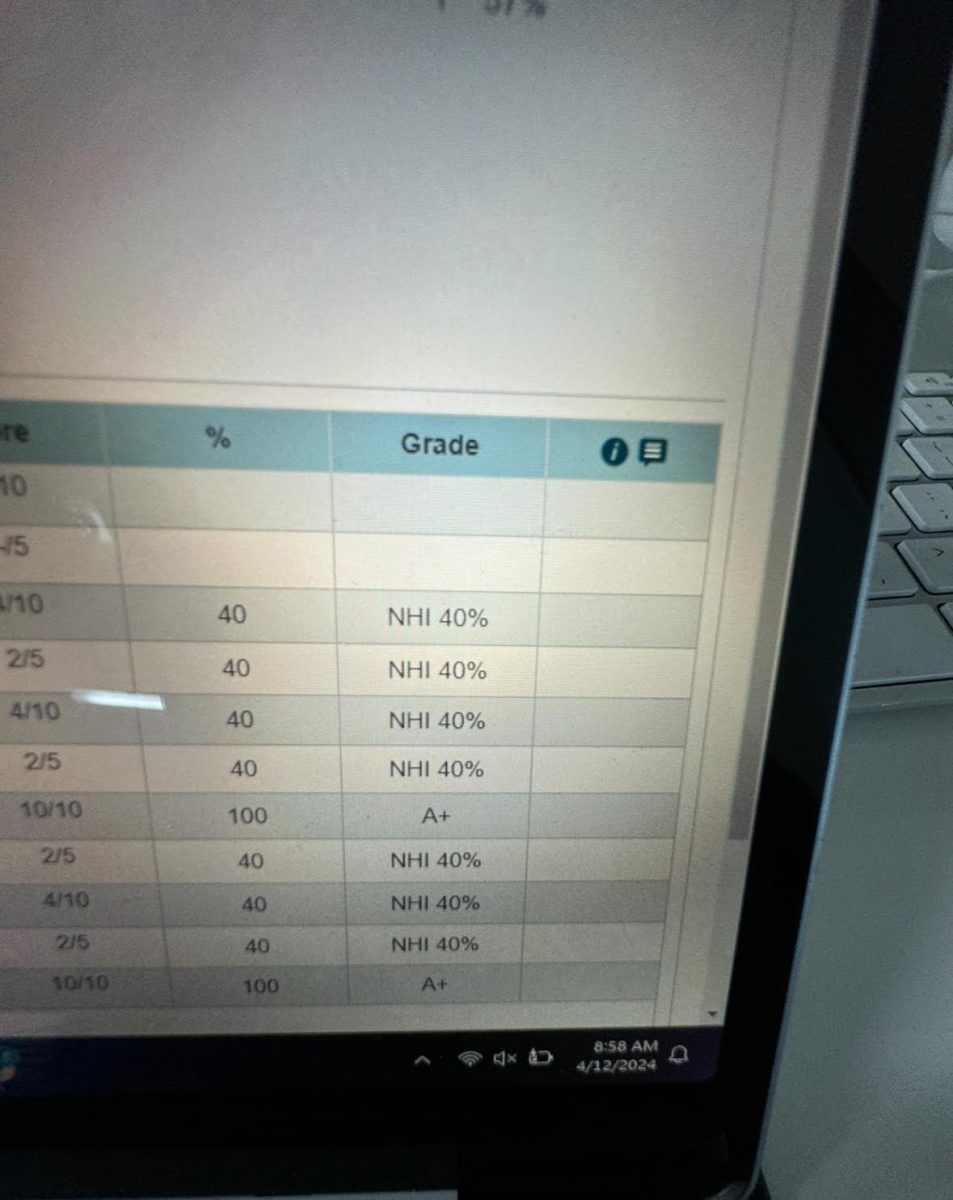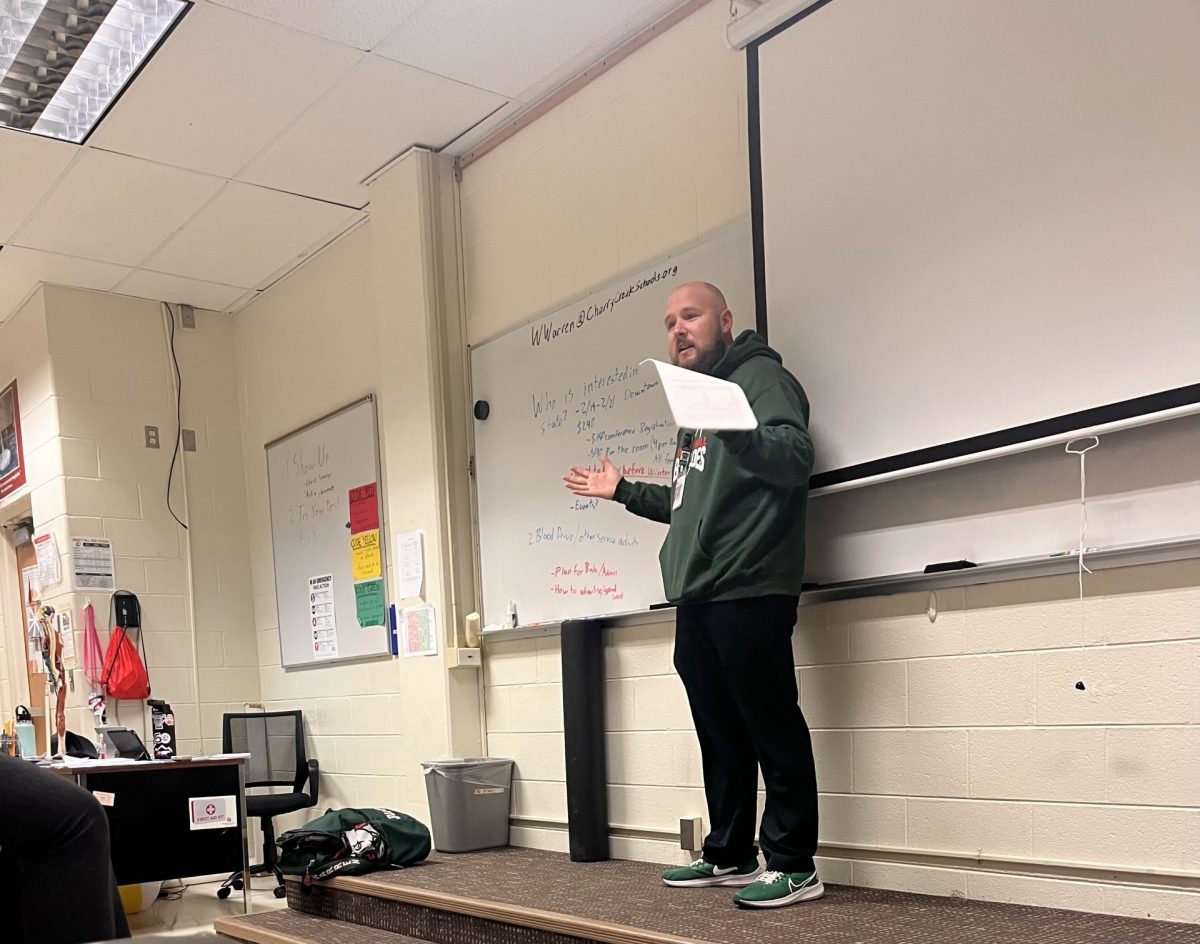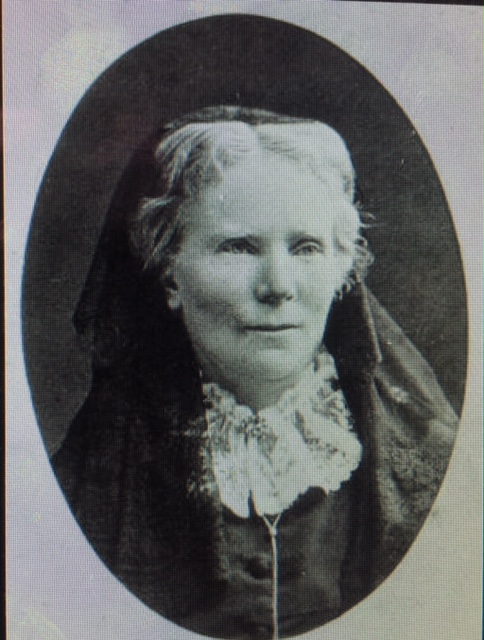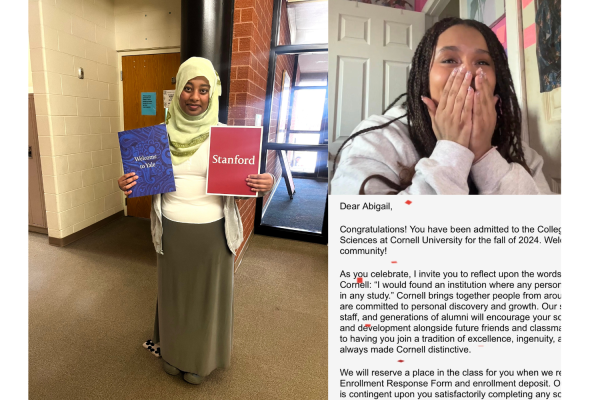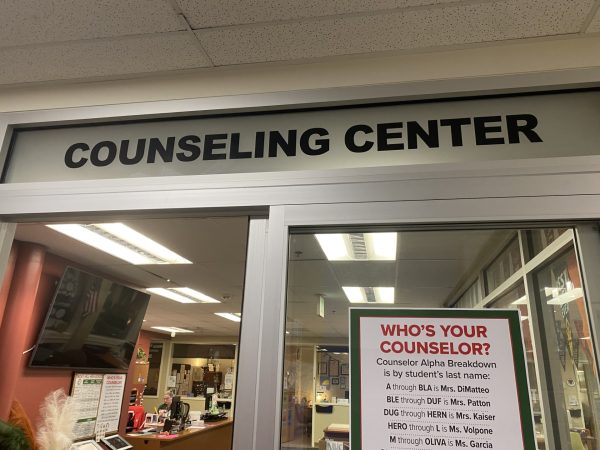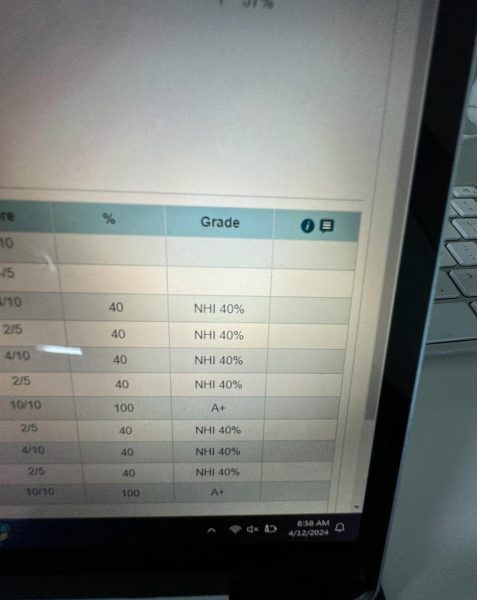Elizabeth Blackwell
This month is women’s history month, and we shine the light on Elizabeth Blackwell
March 13, 2018
In light of Women’s History month, there are many women who made history, from Malala to Susan B. Anthony. These women fought for women’s rights in voting, going to school, and being able to work jobs that normally only men were hired for, such as doctors.
Elizabeth Blackwell, the name may seem unfamiliar, but she was the first woman in America to receive a medical degree. She paved the way for girls like sophomore Alexis Lee to be able to achieve going into the medical field. “I want to go into the medical field because I love helping people. I love giving advice and solving problems, I like knowing that my impact on others is positive,” Lee said.
In 1832 Blackwell and her family moved to Cincinnati, Ohio. After her father, Samuel Blackwell died in 1838, the ladies of the family all resorted to teaching, a predominantly female profession. Blackwell was inspired to become a doctor by a dying friend who said their condition would have been better if they would have had a female physician. “My passions drive me to go into the medical field. I really enjoy helping others and I think that this field fits my passions the best,” Lee said.
In the 1800s most male physicians trained as apprentices to more experienced doctors. During that time, there were few medical colleges, and none accepted women, though few women also apprenticed and became unlicensed physicians. Everywhere Blackwell tried to apply to, she got rejected, but she was ultimately admitted to Geneva College in New York. Although she got into Geneva, her acceptance letter was intended as a practical joke.
During her college experience, Blackwell faced discrimination as she was forced to sit separate during lectures, she was often excluded from labs, and people shunned her for defying the gender role. She eventually earned the respect of her professors and classmates by graduating first in her class in 1849.
Blackwell continued her her training in London and Paris hospitals, though the doctors regulated her to midwifery or nursing. She started to emphasise the importance of personal hygiene, noticing that male doctors often cause epidemics because they would not wash their hands between patients. “I want to go into a branch that helps with disabled kids. I want to help disabled kids because they are capable of anything they put their mind to, they just have to go go through extra steps to achieve their dreams. I want to be there with them to go through those steps, no matter how harsh it is, I want to be there for them and support them,” Lee said
In 1857 Blackwell the New York Infirmary for Women and Children with her sister, Dr. Emily Blackwell and her colleague, Dr. Marie Zakrzewska. This infirmary provided jobs for female physicians. During the civil war, Blackwell and her sister trained nurses for the Union hospitals.
In 1868 Blackwell opened a medical university in New York City, but a year later she left her sister in charge, and returned permanently to London. In 1875, she became a gynecology professor at the New London School of Medicine for Women. Blackwell later died on May 31, 1910, in Hastings, England.


